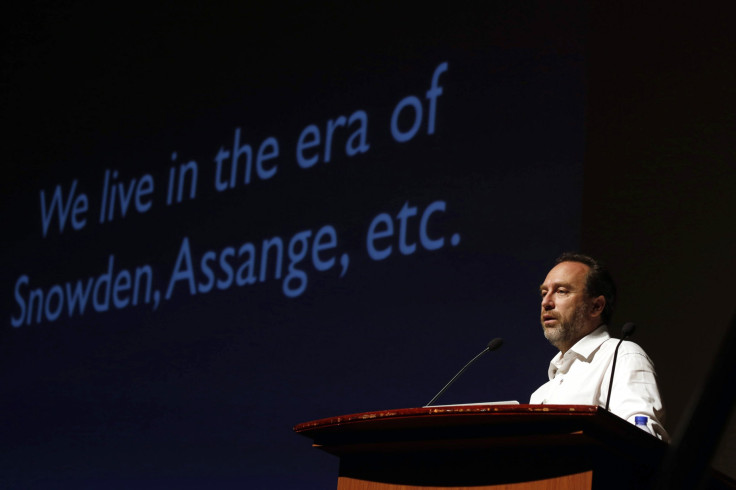Wikimedia Foundation Sues NSA, DOJ Over Mass Surveillance Program

Wikimedia Foundation, which manages online resource Wikipedia, announced Tuesday that it would file a lawsuit, along with eight other organizations, against the United States' National Security Agency (NSA) and the Department of Justice (DOJ) to challenge the spy agency’s mass surveillance program.
“Privacy is the bedrock of individual freedom,” Wikimedia said in a blog post, announcing the lawsuit. “If people look over their shoulders before searching, pause before contributing to controversial articles, or refrain from sharing verifiable but unpopular information, Wikimedia and the world are poorer for it.”
The lawsuit, set to be filed later Tuesday, alleges that the NSA’s use of mass surveillance, or “upstream” data collection, violates the First Amendment, which guarantees the freedom of expression and association and the Fourth Amendment, which guarantees protection of privacy.
The NSA’s upstream surveillance program enables it to intercept telephone and internet traffic from across the world. The agency's ability to conduct surveillance and interception of data was greatly increased by the 2008 Foreign Intelligence Surveillance Act Amendments Act, which allows the government to target non-U.S. individuals “reasonably believed” to be outside the country, and does not require proof that they are linked to terrorist activities or groups.
Wikimedia is filing the suit jointly with eight other organizations: The National Association of Criminal Defense Lawyers, Human Rights Watch, Amnesty International U.S.A., Pen American Center, Global Fund for Women, The Nation magazine, The Rutherford Institute, and Washington Office on Latin America. The case will be represented by the American Civil Liberties Union (ACLU).
The ACLU had previously brought a case against the NSA in 2007, relating to its Terrorist Surveillance Program (TSP). The Sixth Circuit Court of Appeals ruled against the ACLU, arguing that it lacked sufficient proof of harm, legally known as standing. A similar case brought forward by Amnesty International in 2013 was dismissed by the U.S. Supreme Court on the same grounds.
However, Wikimedia will argue in its case that a slide leaked to the ACLU in 2013, discussing the NSA’s monitoring of websites that used the HTTP online security protocol, made explicit reference to Wikipedia and used its logo.
“Because these disclosures revealed that the government specifically targeted Wikipedia and its users, we believe we have more than sufficient evidence to establish standing,” the organization said on its blog. After the NSA’s monitoring of HTTP traffic was leaked, Wikimedia announced it would shift to using the more secure HTTPS protocol.
Wikimedia founder Jimmy Wales and Executive Director Lila Tretikov also wrote an op-ed in The New York Times in which they stressed the importance of their staff being able to work in an environment of privacy when discussing sensitive issues.
“Unfortunately, their anonymity is far from certain because, using upstream surveillance, the N.S.A. intercepts and searches virtually all of the international text-based traffic that flows across the Internet 'backbone' inside the United States. This is the network of fiber-optic cables and junctions that connect Wikipedia with its global community of readers and editors,” they wrote in The Times.
“Privacy is an essential right. It makes freedom of expression possible, and sustains freedom of inquiry and association. It empowers us to read, write and communicate in confidence, without fear of persecution. Knowledge flourishes where privacy is protected.”
The NSA and DOJ did not respond to requests for comment, Reuters reported.
© Copyright IBTimes 2025. All rights reserved.





















